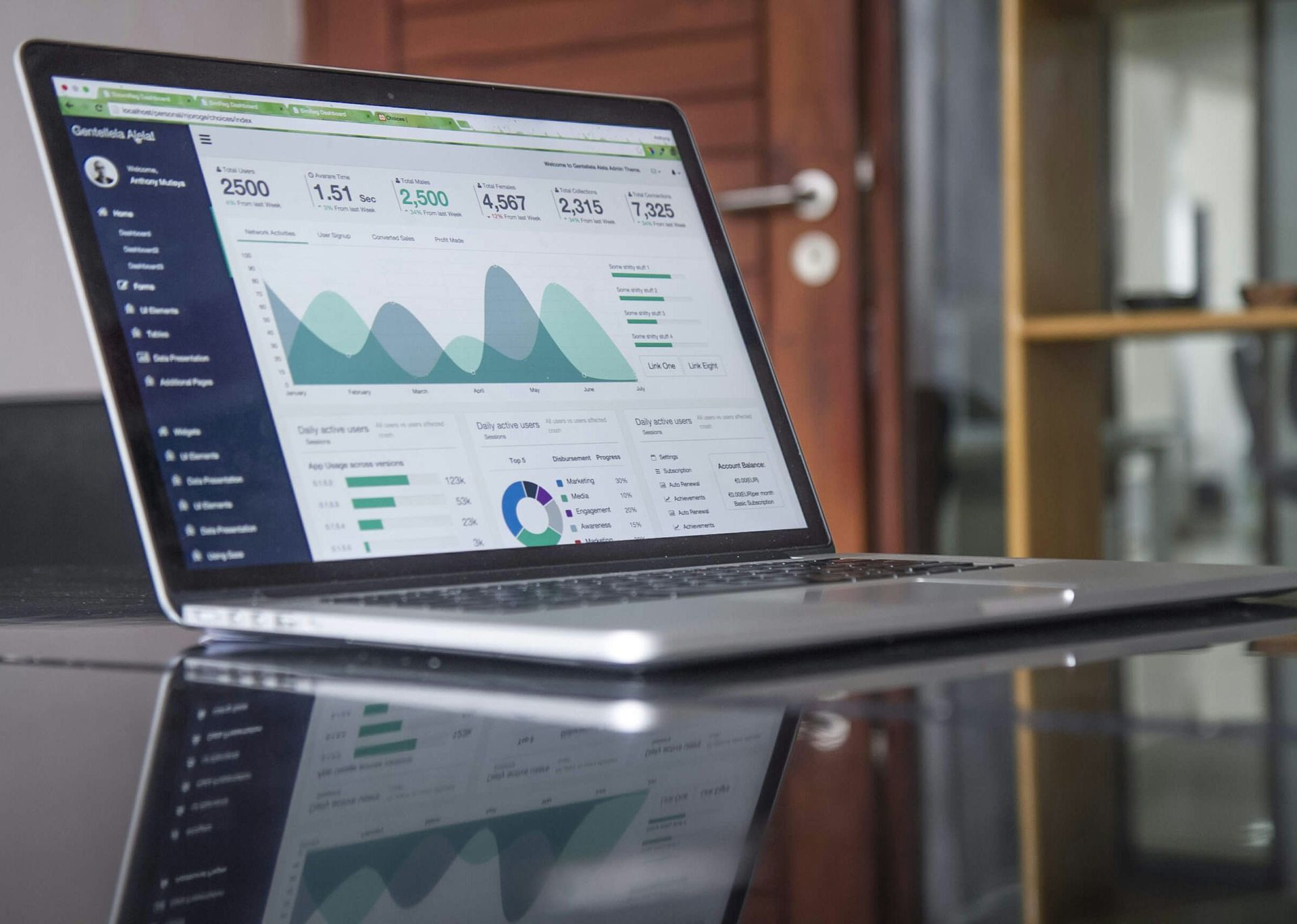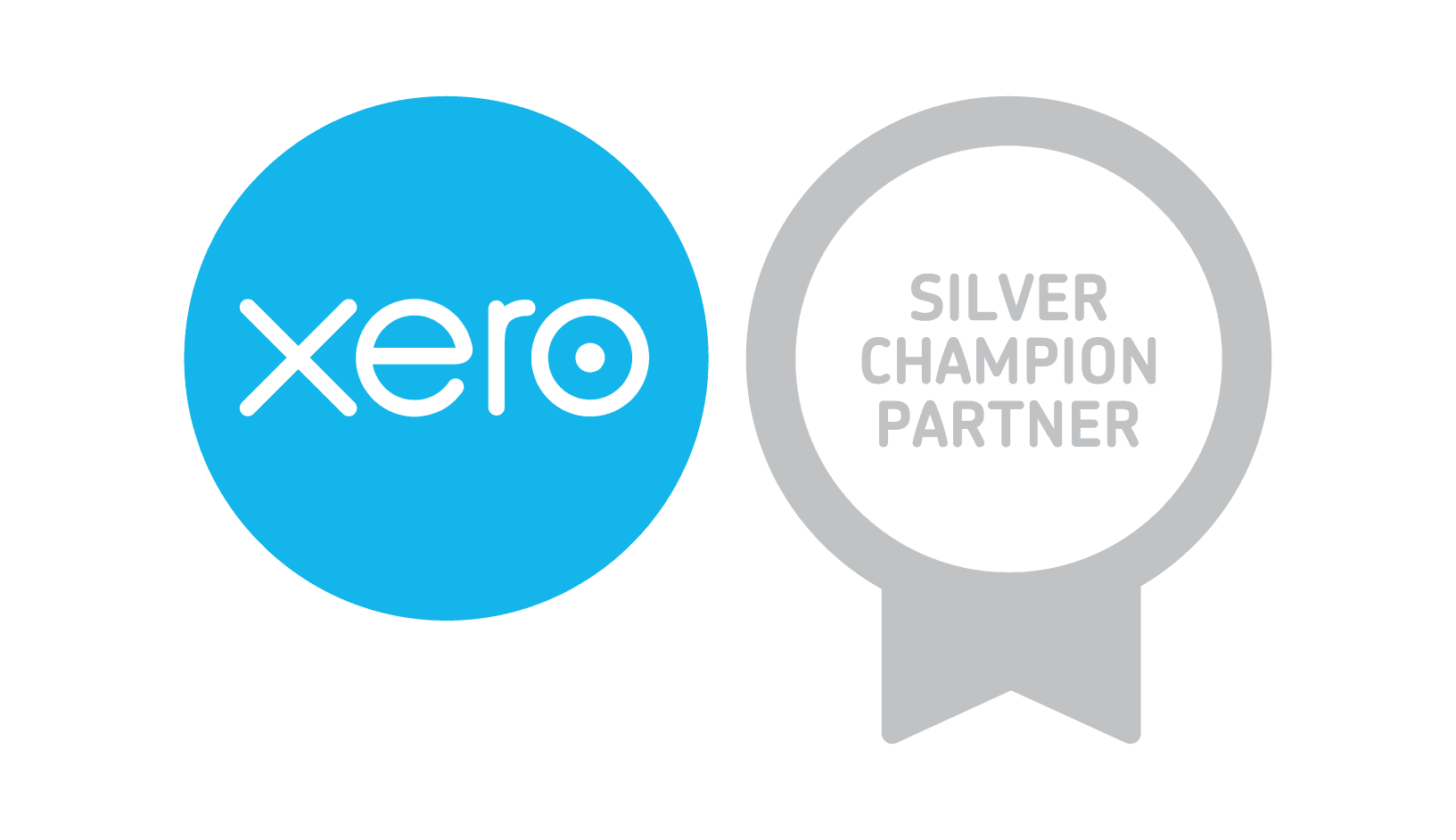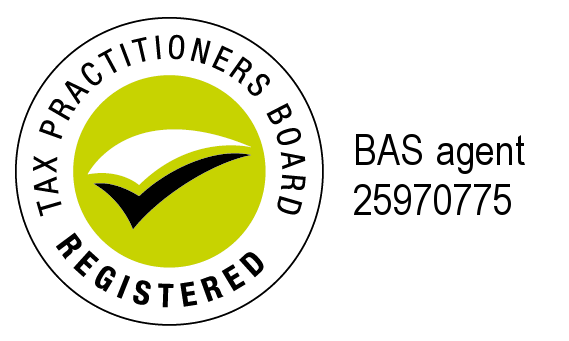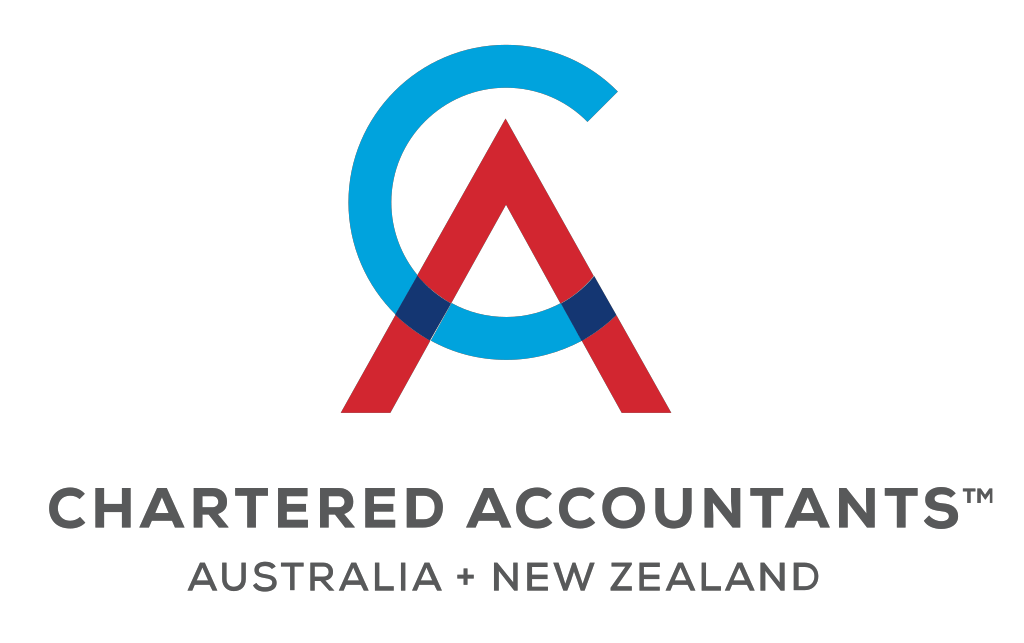DO YOU KNOW WHAT RECORDS YOU NEED TO KEEP FOR BUSINESS COSTS?
The ATO stipulates that you should be able to ‘explain’ all transactions that go through your business. Your records should also be ‘in writing’ (paper or electronic) and kept for a minimum of 5 years (not 7 as previously).
This is especially important when claiming expenses through your business. You need to be able to prove to the ATO that they are genuine and valid.
It means you should ideally have a tax invoice or receipt for every payment – showing:
• Supplier name
• ABN
• Date
• Total value
• Any GST paid.
Larger amounts are more likely to attract attention than the very small ones, so it’s especially vital to be able to back up those big expenses with valid documents.
WHAT ABOUT THOSE TINY CASH PURCHASES?
Of course in some cases, it might seem a bit ridiculous or impossible to get a receipt, such as when popping into the local shop to get half a litre of milk for the office. In cases like these, it is enough just to keep a written record, or – better still – to simply enter them into Xero as ‘Spend Money’ transactions.
WHAT IF RECEIPTS ARE MISSING?
If you can’t get a receipt, or a receipt goes missing, other records such as a credit card statement may be acceptable to the ATO. In general though, it’s expected that you should have documented evidence to back up all payments, at least as much as possible.
HOW ABOUT GST CLAIMS?
The ATO says you should be able to show a tax invoice or receipt for all expenses over $82.50 (including GST) to claim GST credits.
RECORD-KEEPING TOOL FROM THE ATO
If you are unsure whether you are keeping the right records or not in your business, you can use this handy ATO evaluation tool to find out if you are missing anything in your record keeping.
Lastly, don’t forget that if you need some extra Xero training or help for recording your transactions or for any other aspect of your books, go to our web site to book a session at a time that suits!







